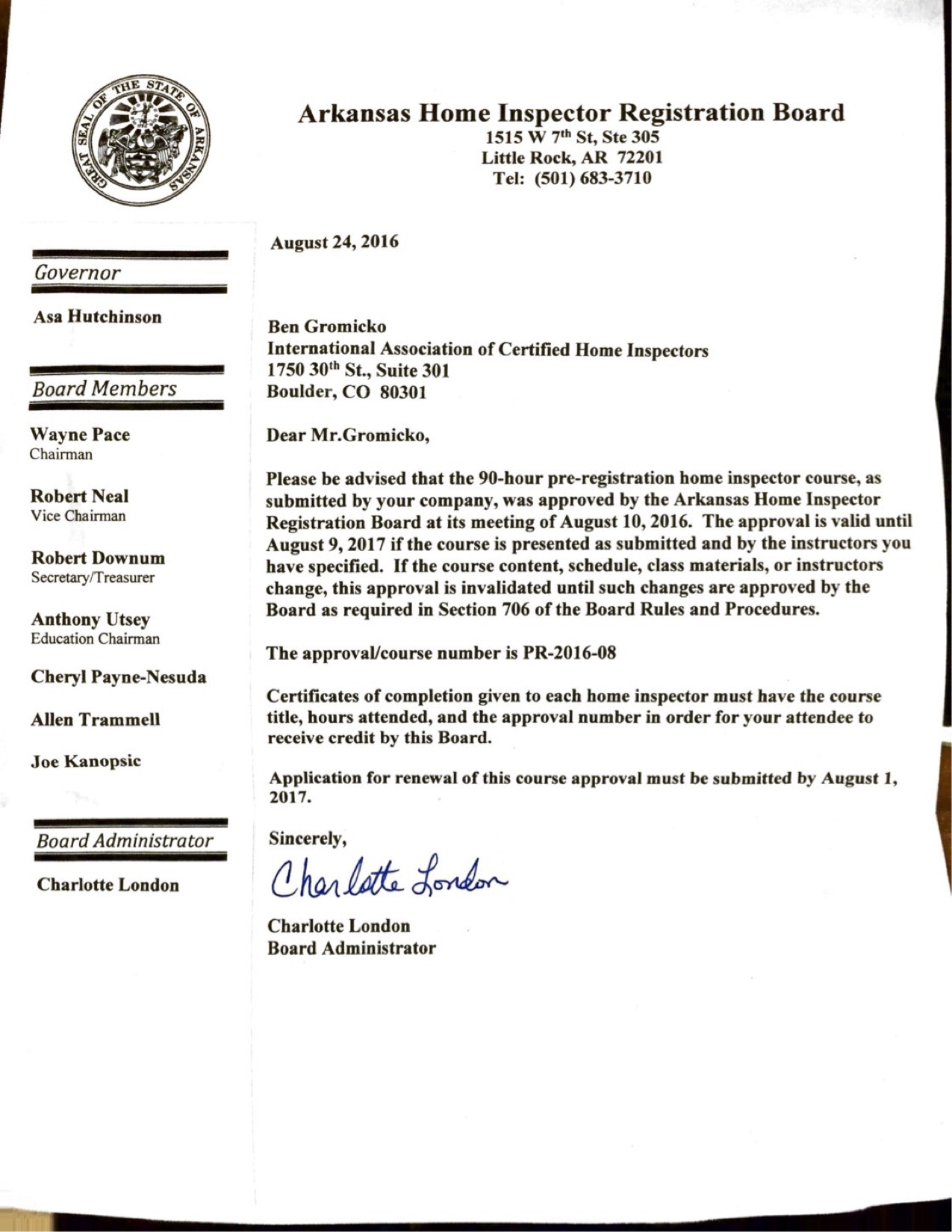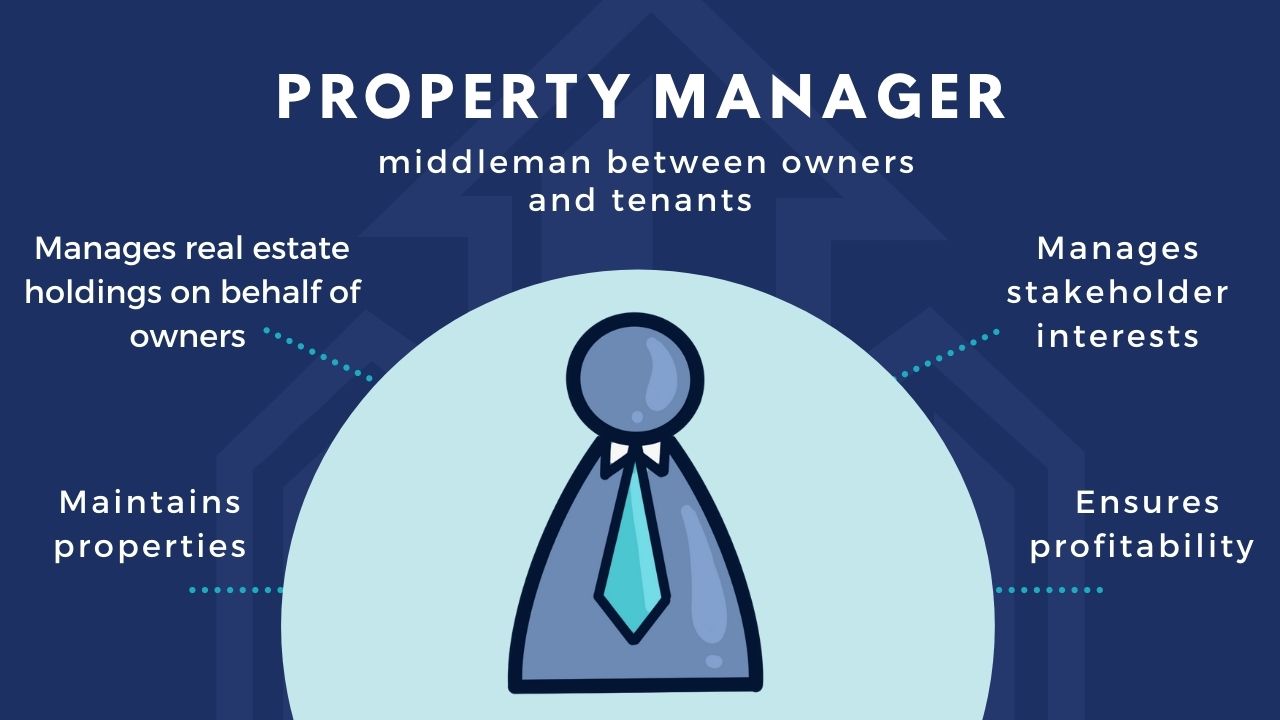
When you make an offer to buy a home, the seller typically expects an earnest money deposit. This deposit, which is usually a good estimate of the value of the home, is held in an unpaid escrow account till the purchase transaction is completed. Knowing the average earnest money deposit for your area will help you decide how much to put down.
Your earnest money deposit amount will vary depending on many factors such as the type of property you are buying and the market's competitiveness. You can expect to pay around 1-2% of the purchase price for an earnest cash deposit.
It is best that you aim for the upper end range of this range when negotiating a home purchase. This way, even if the deal fails, you still have the option to receive your earnest money from the seller.

It is also a good idea, if you are able to place a higher earnest-money deposit on properties that are in contract quickly, this will help you make your bid more attractive. Your real estate agent can help you determine an appropriate amount based on local trends and customs, as well as what the seller is asking for.
Also, ensure you have all documentation necessary to verify your deposit. Often, this includes receipts for the deposit and copies of the checks or wire transfer for verification purposes.
If you're a first-time home buyer, it's wise to ask an experienced real estate agent for advice on how much you should deposit. A professional agent will assess the property type and market competition, and other factors such financing options and contingencies.
For example, if you're buying a foreclosed property that has no warranty and no inspections available, it's probably best to put down a larger earnest money deposit than on other types of properties. You want to make sure that your money is refundable in the unlikely event that the home you are purchasing requires major repairs. This is why you should have a thorough inspection completed and be ready for closing.

In most areas, the earnest money deposit is usually paid to a disinterested third party, such as your real estate agent, a title company, a legal firm or a real estate brokerage. The seller should not receive the deposit directly as this could result in fraud.
After you have all necessary documentation, it is time for the purchase to get underway. If you're ready to put in an offer on a home, you should talk with a real estate agent as soon as possible to get the ball rolling.
The average earnest deposit required to buy a home for earnest money is 1%-3% of the purchase value. However, in highly competitive markets it could be up to 10%. A market-savvy realtor will be able provide you with an accurate estimate of what the earnest money deposit is worth in your local area. It will also tell you when the best time is to make it.
FAQ
What is a "reverse mortgage"?
A reverse mortgage allows you to borrow money from your house without having to sell any of the equity. It allows you to borrow money from your home while still living in it. There are two types of reverse mortgages: the government-insured FHA and the conventional. Conventional reverse mortgages require you to repay the loan amount plus an origination charge. FHA insurance covers repayments.
Do I need flood insurance
Flood Insurance protects from flood-related damage. Flood insurance helps protect your belongings, and your mortgage payments. Learn more about flood coverage here.
Is it possible to get a second mortgage?
Yes, but it's advisable to consult a professional when deciding whether or not to obtain one. A second mortgage is often used to consolidate existing loans or to finance home improvement projects.
Should I buy or rent a condo in the city?
Renting could be a good choice if you intend to rent your condo for a shorter period. Renting lets you save on maintenance fees as well as other monthly fees. On the other hand, buying a condo gives you ownership rights to the unit. You are free to make use of the space as you wish.
Statistics
- This means that all of your housing-related expenses each month do not exceed 43% of your monthly income. (fortunebuilders.com)
- Private mortgage insurance may be required for conventional loans when the borrower puts less than 20% down.4 FHA loans are mortgage loans issued by private lenders and backed by the federal government. (investopedia.com)
- Based on your credit scores and other financial details, your lender offers you a 3.5% interest rate on loan. (investopedia.com)
- When it came to buying a home in 2015, experts predicted that mortgage rates would surpass five percent, yet interest rates remained below four percent. (fortunebuilders.com)
- Over the past year, mortgage rates have hovered between 3.9 and 4.5 percent—a less significant increase. (fortunebuilders.com)
External Links
How To
How to buy a mobile house
Mobile homes are houses constructed on wheels and towed behind a vehicle. They have been popular since World War II, when they were used by soldiers who had lost their homes during the war. People today also choose to live outside the city with mobile homes. There are many options for these houses. Some houses are small, others can accommodate multiple families. Even some are small enough to be used for pets!
There are two main types mobile homes. The first type is manufactured at factories where workers assemble them piece by piece. This occurs before delivery to customers. The other option is to construct your own mobile home. It is up to you to decide the size and whether or not it will have electricity, plumbing, or a stove. You will need to make sure you have the right materials for building the house. Finally, you'll need to get permits to build your new home.
There are three things to keep in mind if you're looking to buy a mobile home. You might want to consider a larger floor area if you don't have access to a garage. You might also consider a larger living space if your intention is to move right away. The trailer's condition is another important consideration. Damaged frames can cause problems in the future.
You need to determine your financial capabilities before purchasing a mobile residence. It is important to compare the prices of different models and manufacturers. You should also consider the condition of the trailers. Many dealers offer financing options. However, interest rates vary greatly depending upon the lender.
A mobile home can be rented instead of purchased. Renting allows you the opportunity to test drive a model before making a purchase. Renting isn’t cheap. The average renter pays around $300 per monthly.